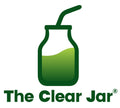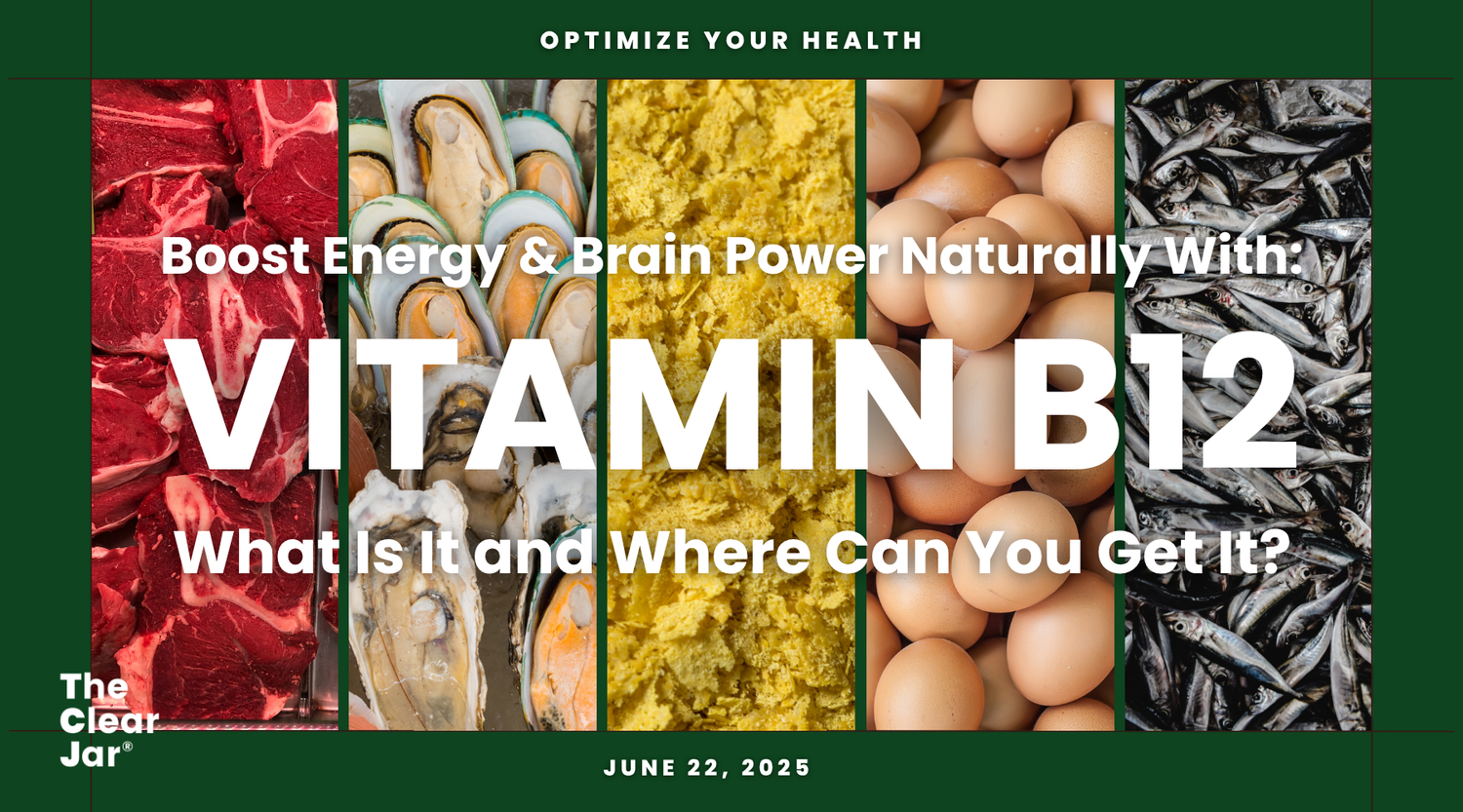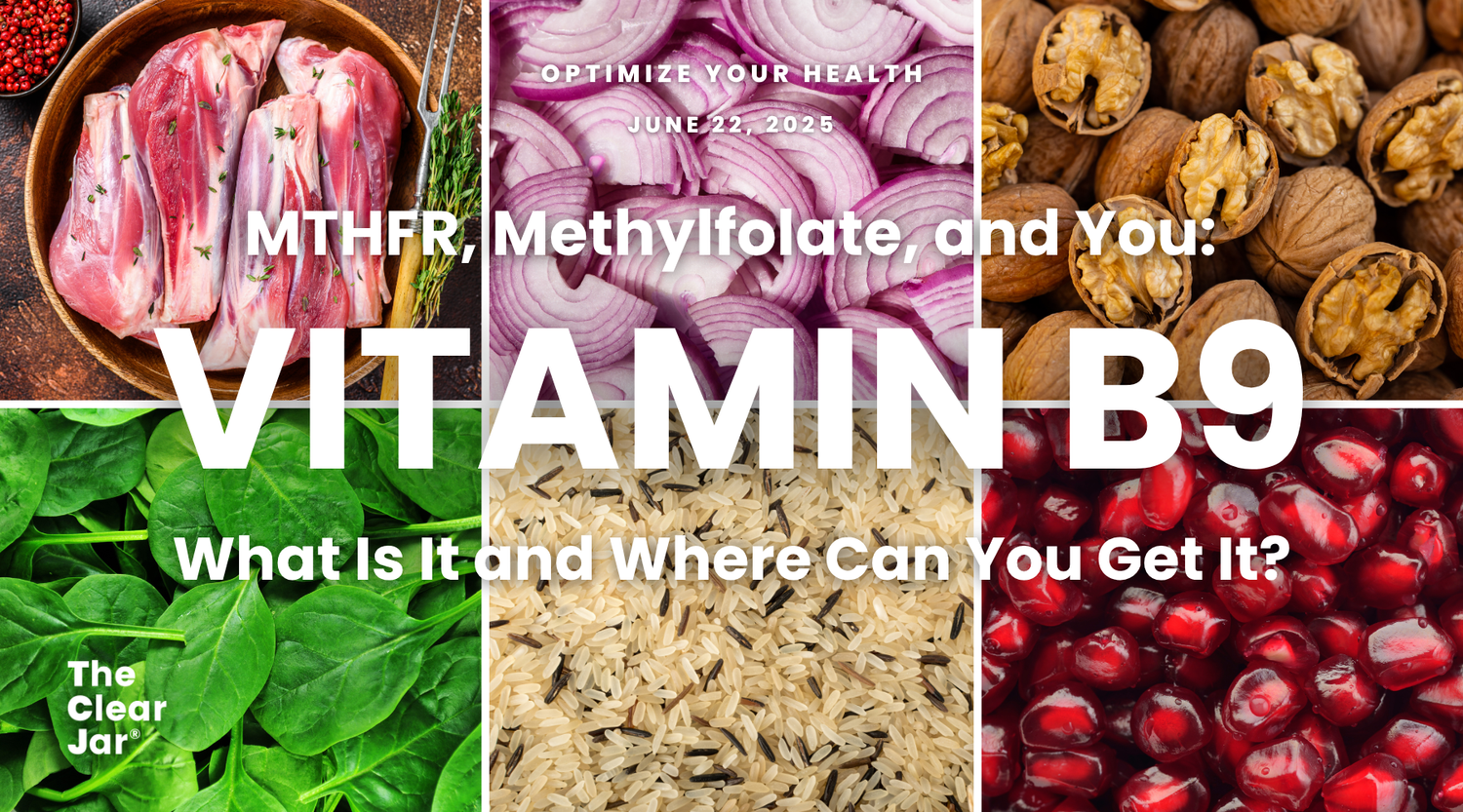Iron is an essential mineral that is crucial for maintaining your health, but what exactly is its function? Keep reading to find out what iron is, what foods you can get it from and which type of supplements you should choose.
- What is iron?
- What is the function of iron in the human body?
- Iron: Which is the active form?
- Iron-rich foods
- Iron recipe: Spinach & chickpea curry
- Iron supplements
- Why buy food-borne vitamins?
What is iron?
Iron is an important nutrient in the human diet. It’s so crucial for health that many foods are fortified to help make sure we get enough in our diet. Iron is a mineral that’s essential for numerous bodily functions. It’s crucial for making haemoglobin, a protein in red blood cells that carries oxygen around the body.
Because the body cannot produce iron on its own, it is an essential nutrient and must be consumed through food and supplements. There are two main types of iron:
-
Heme: found in animal products like red meat and liver
-
Non-heme: found in plant-based foods like green, leafy vegetables and fortified breads and cereals
Without enough iron, you are at risk of iron deficiency, which can progress to iron deficiency anaemia, which can affect the size and number of red blood cells in circulation1.
What is the function of iron in the human body?
Iron is an essential element for most living things, not just humans, because it is involved in various metabolic processes, including oxygen transport. But that’s not all, having adequate levels of iron in circulation can support numerous healthy bodily functions. Here are some of the functions and benefits of iron for human health:
-
Red blood cell function and energy: Iron is crucial for red blood cell production, particularly hemoglobin, the protein responsible for carrying oxygen. Around 70% of iron in the body is found in hemoglobin2 and without enough of it, your blood cells ability to transport oxygen is reduced, impacting your energy levels and ability to function. If your iron levels become too low, it can cause iron deficiency anaemia, resulting in symptoms like shortness of breath, headaches, and weakness3.
-
Immunity: Iron is a critical element for the immune system as it is involved in the regulation of both innate and adaptive immunity4. It helps to produce macrophages, a type of white blood cells that can surround and kill pathogens and stimulate the action of other immune cells5.
-
Physical performance and endurance: Because of iron’s essential role in oxygen transport and energy metabolism, it is a key component for endurance athletes. Iron deficiency, even without anaemia, can negatively impact athletic performance, particularly endurance and VO2 max (maximal oxygen consumption)6.
-
Cognition: Adequate iron levels are associated with better brain function, concentration, and memory7.
Iron: Which is the active form?
The active form of iron in the body is ferrous iron or Fe2+. Although iron is commonly found in the body in its oxidized ferric form, Fe3+, it needs to be in its ferrous form to be absorbed and used by the body8.
Iron is absorbed in the small intestine, but only a small percentage of the iron that you eat is absorbed, particularly if it is from plant-based sources. Consuming vitamin C can help enhance the absorption of non-heme iron, so pairing plant-based iron sources with vitamin C foods, like orange juice, lemon juice, red peppers, or broccoli9.
Iron-rich foods
Iron is present in both animal and plant foods, and eating a balanced diet can help you meet your daily iron needs. The Recommended Dietary Allowance (RDA) for iron is 8 mg/day for men and postmenopausal women and around 18 mg/day for premenopausal women10.
Pregnant women require a greater amount of iron, with the World Health Organization suggesting a daily oral iron supplement of 30 to 60 mg of elemental iron11. Some good iron sources include:
Heme iron
-
Red meat: beef, lamb, pork
-
Poultry: chicken, turkey
-
Fish and shellfish: salmon, tuna, prawns, shrimps, clams, oysters
Non-heme iron
-
Leafy greens: spinach, kale
-
Legumes: lentils, chickpeas, beans
-
Fortified cereals and grains: bran flakes, bread
-
Nuts and seeds: pumpkin seeds, almonds
-
Vegetarian alternatives: Tofu and tempeh
Figure 1: Good food sources of iron
Iron recipe: Spinach and chickpea curry
One easy way to incorporate more iron into your diet is to eat a nutrient-packed meal like this spinach and chickpea curry. Not only is it brimming with flavour, but it’s also vegan-friendly, and pairs iron-rich sources like spinach and chickpeas with tomatoes, which are naturally high in vitamin C, increasing iron absorption.
Ingredients
-
200g fresh spinach
-
1 can chickpeas (drained and rinsed)
-
1 onion, chopped
-
2 cloves garlic, minced
-
1 tsp cumin
-
1 tsp turmeric
-
1 tsp coriander
-
400g canned tomatoes
-
1 tbsp olive oil
Method
-
Heat the olive oil in a pan on a medium heat, and sauté the onions and garlic until soft.
-
Add in the spices and cook for a further 1 to 2 minutes until fragrant.
-
Next, add the drained and rinsed chickpeas and canned tomatoes, then simmer for 15 minutes.
-
Stir in the spinach until wilted, and serve hot with brown rice or quinoa for a complete meal.
Add this recipe to your 7-day meal plan to help you get all the essential vitamins and minerals your body needs.
Iron supplements
In some cases, it is necessary to take iron supplements to meet the body’s iron demands. Iron deficiency can occur for several reasons, including insufficient dietary intake, poor absorption, increased needs, such as during pregnancy, or blood loss. If iron levels drop too low, it can lead to iron deficiency anemia, which can cause fatigue, weakness, and other health conditions.
Some of the people who benefit most from iron supplementation:
-
Vegetarians and vegans: People who follow a plant-based, vegan, or vegetarian diet are at a greater risk of iron deficiency compared to people who consume meat. That’s because non-heme iron is less readily absorbed by the body than heme iron found in animal products12.
-
Pregnant women: During pregnancy, women require a higher iron intake to support the growing fetus, placenta, and to help the mother’s growing red cell mass13. Therefore, supplementation can be helpful to make sure these demands are met.
-
Women with heavy menstrual periods: Those who experience heavy menstrual periods may benefit from iron supplementation or naturally increasing their intake around the time of menstruation. Women with normal periods can lose 1 mg of iron/per cycle, but iron losses in women with heavy periods can be as much as five to six times higher14.
-
People with chronic diseases: Certain conditions, like gastrointestinal disorders, e.g., celiac disease and Crohn’s disease. It can affect iron absorption, leading to low levels15.
-
Athletes: Athletes, especially endurance and female athletes, should consider increasing their iron intake because deficiency can impair their physical performance. Research shows that supplementation is most beneficial in athletes with the lowest iron status who are already running a deficit16.
If you think you may have an iron deficiency or fall into one of the above categories, you should consult a healthcare provider before commencing supplementation. However, if you are keen to boost your natural intake, some common supplements include:
-
Ferrous sulfate: One of the most commonly used forms of iron supplements that’s known for being highly effective, but it can cause gastrointestinal discomfort for some people.
-
Ferrous gluconate: A gentler form of iron that is often recommended for people who experience digestive issues with ferrous sulfate.
-
Ferrous fumarate: A well-absorbed form of iron that is less likely to cause stomach upsets compared to ferrous sulfate.
-
Heme iron supplements: Derived from animal sources, these supplements provide iron in the form of heme, which is easier for the body to absorb.
Iron supplements are available in liquid preparations, chewable tablets, oral tablets, and slow-release formulas, which can minimize the risk of side effects, like constipation and stomach upset.
Which iron supplement is best?
The best iron supplement for you will depend on several factors, including your personal needs, the severity of your iron deficiency if you have one, and your tolerance to different forms of iron. Here are a few things to consider if you want to supplement your iron intake:
Absorption rate
Supplements that contain ferrous sulfate are absorbed quickly, but can cause side effects like stomach cramps and constipation. So, you may benefit from other forms like ferrous gluconate or ferrous fumarate.
Tolerance
If gastrointestinal discomfort is a concern, liquid forms or slow-release tablets can be gentler on your stomach. Heme iron supplements are better absorbed but they are derived from animal sources, so can put people off.
Form
For individuals who are following a vegan or vegetarian diet, plant-based or non-heme iron supplements combined with vitamin C can help improve absorption. Heme iron supplements are considered for people who need to more readily absorb iron.
Convenience
If you’re someone who has problems swallowing pills or capsules, liquid iron supplements or chewables may be an alternative option.
Ultimately, the best iron supplement for you is the one that meets your individual needs and preferences, and is well-tolerated by your body with minimal side effects.
Why buy food-borne vitamins?
Iron is a vital mineral that plays a key role in the body, including oxygen transport, energy production, and immune function. While iron is available in several foods, including meat, leafy greens, and legumes, some people may need to consider iron supplements to meet their needs. Pregnant women, vegetarians, and those with certain health conditions may be at an increased risk of deficiency.
When choosing the right supplement for you, it’s important that you choose a high-quality, bioavailable, and food-derived form with minimal additives for better absorption, like those from The Clear Jar.
When you purchase food-borne supplements from The Clear Jar you can be sure that they are:
-
100% derived from food
-
low toxicity
-
free from additives and fillers
-
cost-effective
Check out our shop to explore the full range of food-borne supplements.
Written by: Leanne Edermaniger MSc.







